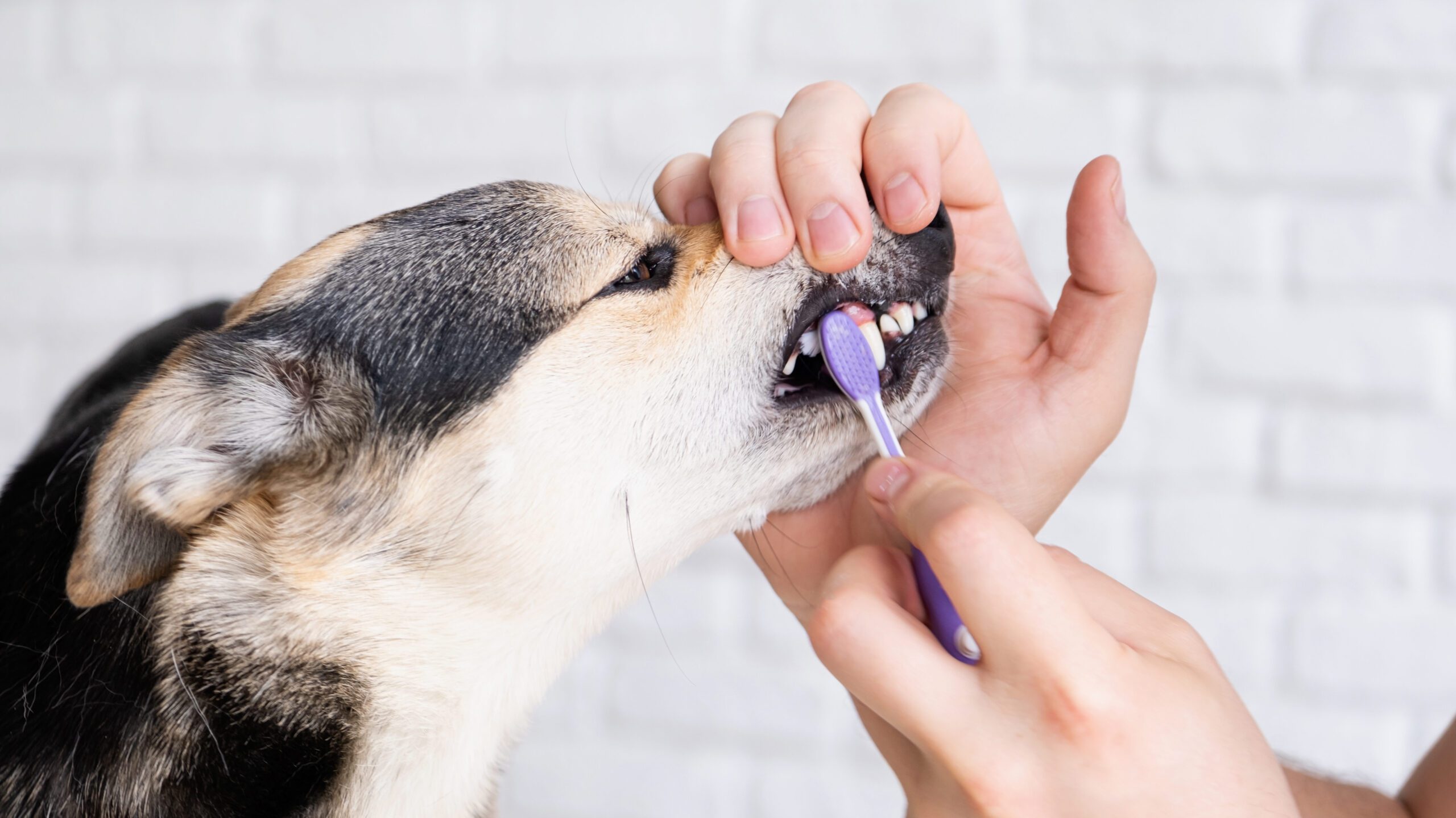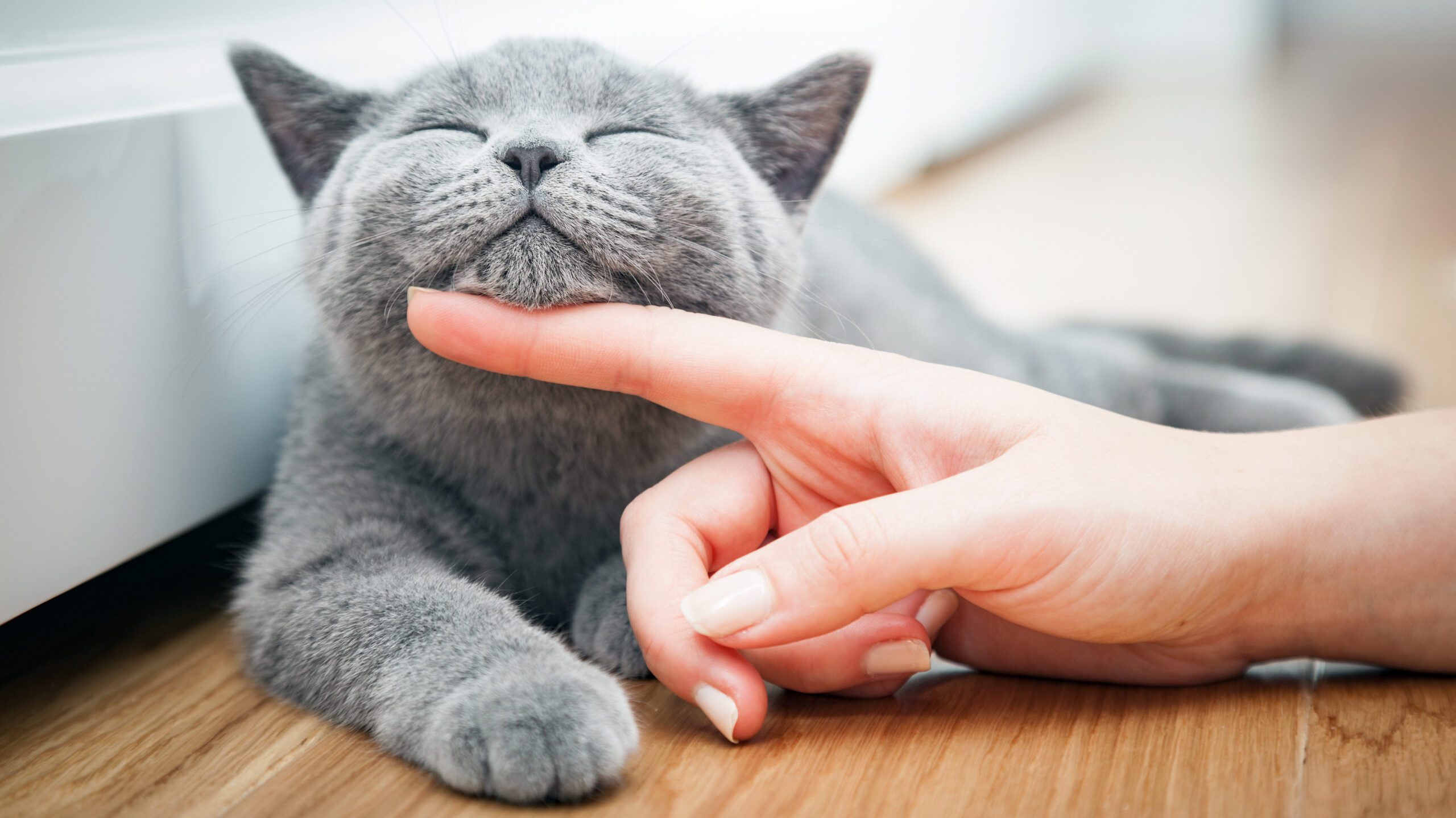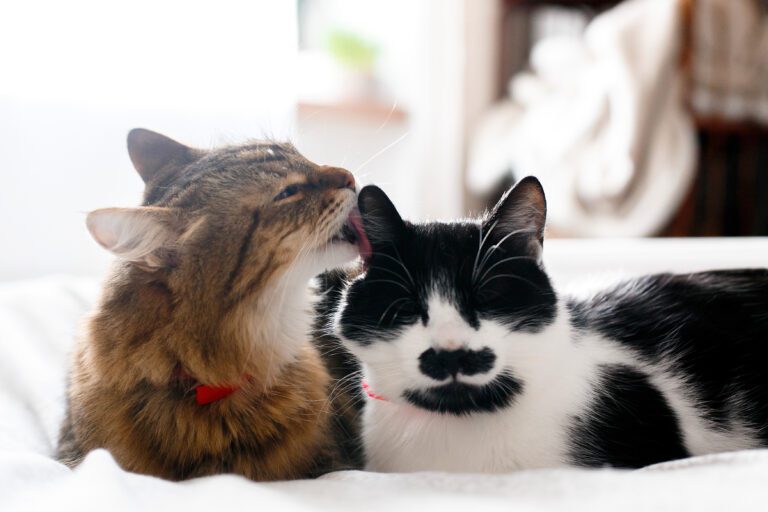As pet owners, ensuring the well-being of our furry friends is of paramount importance! By taking proactive measures to prevent common pet illnesses and avoiding common mistakes, we can help to significantly improve our pets’ quality of life. This article provides an overview of preventive measures and tips for raising a healthy pet, as well as treatment options for common pet illnesses and common practices that can lead to health issues in the long run.
Preventive Measures for Common Pet Illnesses
Vaccinations
Regular vaccinations are crucial for preventing diseases such as rabies, distemper, parvovirus, and feline leukemia in dogs and cats. Consult your veterinarian to develop a vaccination schedule suitable for your pet’s needs.
Parasite Control
Regularly administer preventive treatments to protect your pet from fleas, ticks, heartworms, and intestinal parasites. Follow your veterinarian’s recommendations on appropriate products and frequencies.

Balanced Diet
Provide a balanced and nutritious diet specific to your pet’s species, breed, age, and health condition. Avoid feeding excessive treats or human food, as this can lead to obesity, nutritional deficiencies, and other health problems.
Regular Exercise
Engage your pet in daily physical activity to maintain a healthy weight, promote cardiovascular health, and prevent behavioral issues. Exercise requirements may vary based on your pet’s breed, age, and overall health.
Dental Care
Poor oral hygiene can lead to periodontal disease, which can affect your pet’s overall health. Regularly brush your pet’s teeth, provide appropriate dental chews, and schedule dental cleanings as recommended by your veterinarian.

Common Pet Illnesses and Treatment Options
Fleas and Ticks
Fleas and ticks can cause discomfort, skin infections, and transmit diseases. Use veterinarian-approved preventives, such as spot-on treatments or oral medications to control these pests. Regularly inspect your pet’s coat for signs of infestation.
Ear Infections
Dogs with long, floppy ears are prone to ear infections. Regularly clean your pet’s ears with a veterinarian-recommended solution and seek prompt veterinary care if you notice signs of infection; such as redness, swelling, or discharge.
Dental Disease
Poor dental hygiene can lead to dental disease – causing pain, tooth loss, and potential systemic health issues. Brush your pet’s teeth regularly and schedule professional dental cleanings as advised by your veterinarian.
Urinary Tract Infections (UTIs)
UTIs can affect both dogs and cats. Provide ample fresh water, encourage regular bathroom breaks, and promptly address any signs of urinary issues, such as frequent urination, accidents, or blood in the urine. Veterinary evaluation and appropriate treatment are crucial.
Obesity
Overfeeding and lack of exercise can contribute to obesity in pets. Follow portion control guidelines recommended by your veterinarian, provide a balanced diet, and engage in regular physical activity to maintain a healthy weight.
Common Practices Causing Long-Term Health Issues
Inadequate Exercise
Insufficient physical activity can lead to obesity, behavioral problems, and musculoskeletal issues in pets. Dedicate time daily for interactive play, walks, or other activities suitable for your pet’s needs.
Overfeeding and Poor Nutrition
Excessive food intake, feeding human food, or an unbalanced diet can lead to obesity, nutrient imbalances, and associated health problems. Consult your veterinarian for appropriate feeding guidelines and choose high-quality pet food.
Lack of Veterinary Care
Failing to schedule regular veterinary check-ups can result in undetected health issues. Routine examinations allow for early detection and prevention of potential problems.

Inconsistent Dental Care
Neglecting dental hygiene can contribute to periodontal disease, tooth loss, and systemic health issues. Regularly brush your pet’s teeth and schedule professional dental cleanings as recommended by your veterinarian.
Ignoring Behavioral Problems
Untreated behavioral issues can adversely affect your pet’s well-being and create challenges for you as an owner. Seek professional help to address any behavioral concerns promptly.
Preventing and treating common pet illnesses requires a proactive approach that involves proper preventive measures, timely veterinary care, and responsible pet ownership. By avoiding common mistakes such as inadequate exercise, poor nutrition, and neglecting routine care, we can ensure our pets lead healthier, happier lives. Remember, your veterinarian is an invaluable resource for guidance on maintaining your pet’s well-being and preventing future health issues.






